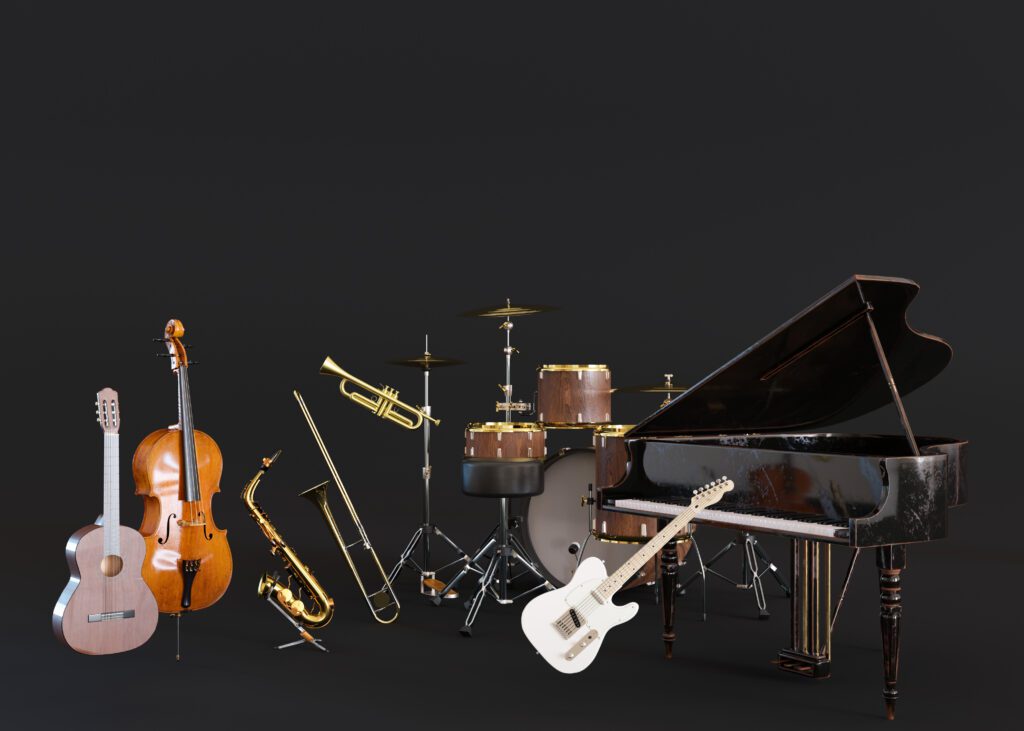How to Choose the Best Instrument for Your Music Goals
Choosing a musical instrument is an exciting decision—but also one that shapes your musical journey. The right instrument can inspire you, match your personality, and help you achieve specific goals, whether it’s performing on stage, composing songs, or simply enjoying music as a hobby.
At The Mystic Keys, we often meet students unsure of which instrument to start with. That’s completely natural! With so many options—piano, guitar, drums, voice, violin, and more—how do you pick the one that truly aligns with your musical aspirations?
This blog will walk you through everything you need to consider before choosing your Best Instrument for Your Music Goals, offering practical advice and inspiration to guide your decision.
1. Understand Your Music Goals
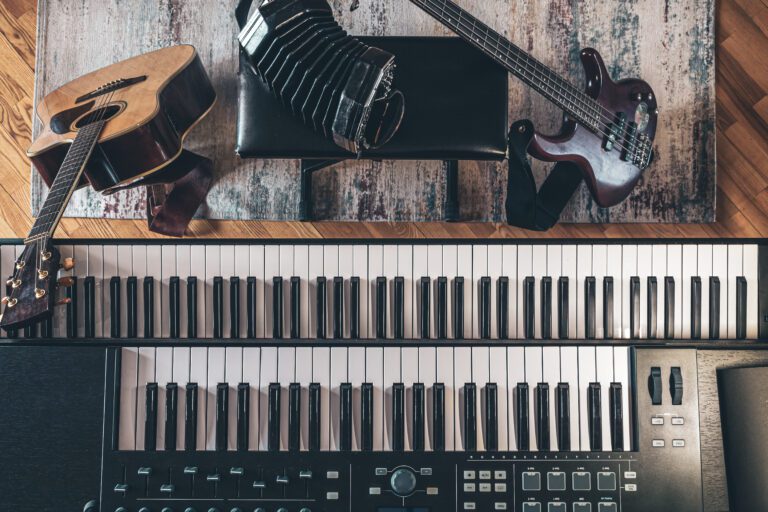
Before choosing an instrument, ask yourself:
Do I want to play solo or in a group?
Am I aiming to compose, perform, teach, or just enjoy music?
Do I want to learn classical, pop, jazz, worship, or another style?
Am I planning to take music exams or certifications like Trinity College London?
For instance:
Composers often choose piano because it’s great for visualizing chords and melodies.
Vocalists may benefit from guitar or keyboard to accompany their voice.
Performers might lean toward dynamic instruments like drums or electric guitar.
2. Consider Your Personality and Preferences
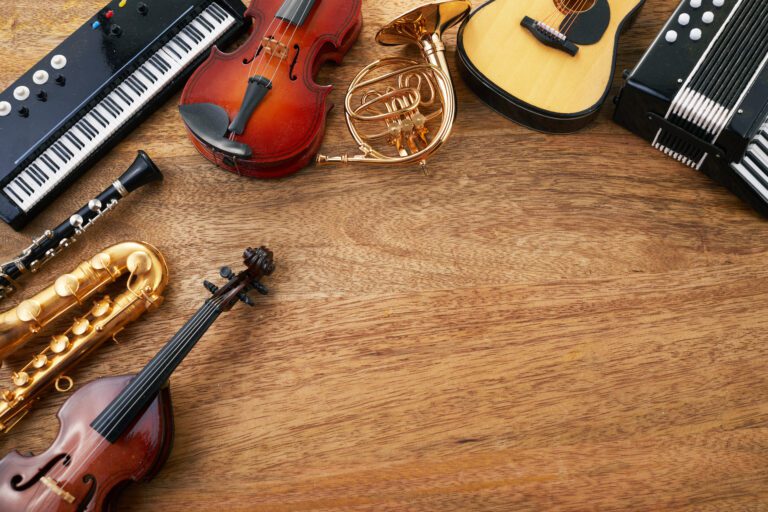
Your personality plays a big role in what instrument you’ll enjoy:
Love quiet, reflective moments? Try the piano or violin.
Enjoy rhythm and movement? Consider drums or percussion.
Want to sing your heart out? Choose voice training.
Like multitasking and harmony? Keyboard is excellent.
Ask yourself:
Do I enjoy learning visually, physically, or by ear?
Do I want to focus on melody, rhythm, or harmony?
Am I drawn to the sound of a specific instrument?
3. Think About Accessibility and Practice
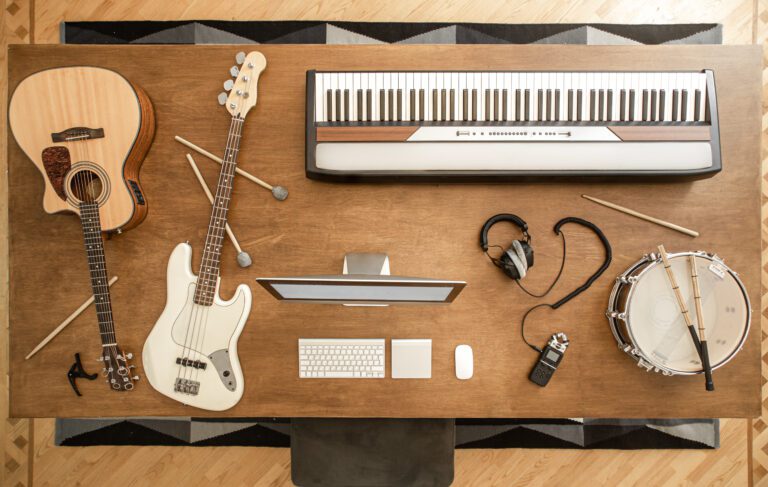
Some instruments require more space, volume control, or coordination:
Piano/keyboard: Needs a quiet corner, electricity (for keyboards), and consistent practice.
Guitar: Portable, relatively quiet, great for chords and singing.
Drums: Requires more space and noise consideration—digital drum kits are a good compromise.
Voice: Always with you, but needs vocal care and guidance.
If you’re learning online, make sure your setup supports your choice. A good pair of headphones, a digital keyboard, or a stable internet connection are small but crucial elements.
4. Factor in Age and Physical Considerations
Young learners often start with instruments suited to their size and motor skills:
Age 5–7: Keyboard, ukulele, or voice lessons
Age 8+: Piano, acoustic guitar, violin, or drums (digital kits)
Teens and adults: Any instrument, based on interest
If you have wrist or hand issues, keyboard may be gentler than guitar. If posture is a concern, proper guidance during vocal or instrumental sessions will help prevent strain.
5. Test Different Sounds and Styles
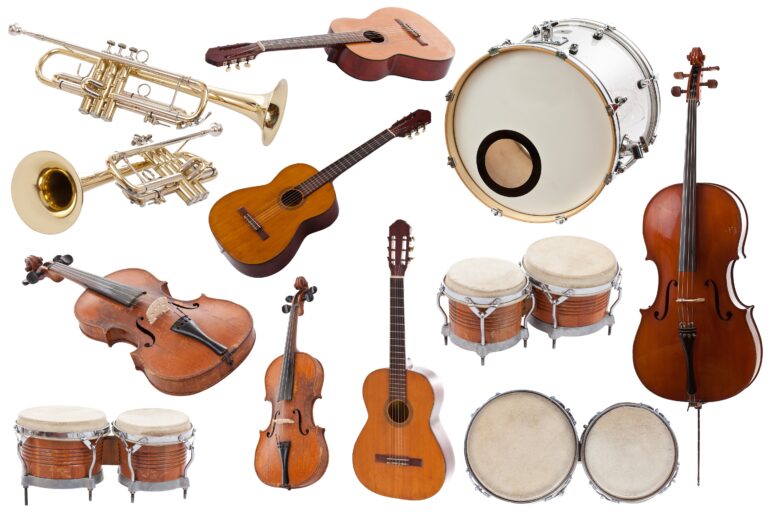
Explore before committing:
Watch videos of live performances or studio sessions
Attend online concerts
Ask your teacher for demos during trial sessions
Use music apps to virtually try chords or rhythms
At The Mystic Keys, we often let students try short intro classes with different teachers and instruments. A few sessions can quickly clarify what you enjoy most.
6. Match Your Instrument to Your Music Style
Each instrument shines in different genres:
Classical: Piano, violin, classical guitar
Pop/Rock: Electric guitar, keyboard, drums, voice
Jazz: Saxophone, upright bass, jazz piano
Worship/Gospel: Acoustic guitar, worship piano, voice
Indian Classical: Harmonium, tabla, Hindustani/Carnatic vocals
Knowing your genre preference can narrow down your choices significantly.
7. Set Realistic Time and Budget Goals
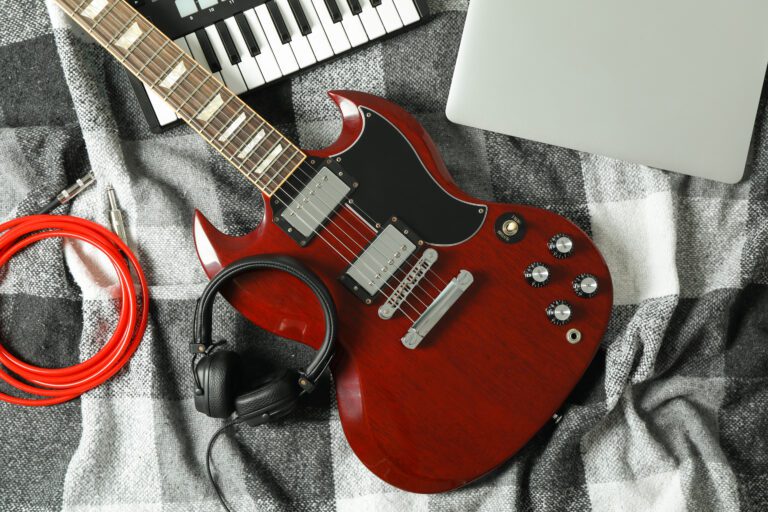
Different instruments come with varying time investments:
Piano or violin requires detailed finger coordination
Guitar or voice may show faster beginner results
Also consider
Cost of the instrument
Maintenance (e.g., tuning, cleaning)
Accessories (e.g., amps, mics, stands)
At The Mystic Keys, we offer guidance on affordable options, rentals, and beginner-friendly gear. Your music shouldn’t be limited by budget.
8. Get Expert Advice
Don’t hesitate to ask professionals:
Talk to experienced teachers
Watch student performances
Ask about progress expectations
Inquire about learning paths and certifications
A good teacher won’t push one instrument over another—they’ll guide you to find the one that best suits you.
About The Mystic Keys
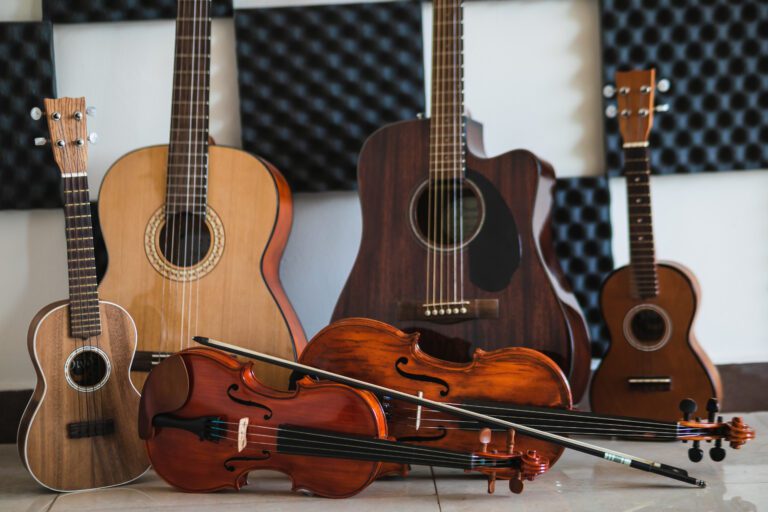
The Mystic Keys is your one-stop online academy for personalized, professional music education. We provide 1-on-1 Zoom classes in piano, keyboard, guitar, vocals, Hindustani music, drums, and more. Our experienced teachers use structured paths, session recordings, custom materials, and flexible scheduling to help each student meet their goals.
Whether you want to pursue a Trinity College London exam, perform on stage, or simply enjoy the process of learning, we’re here to support your musical journey—no matter which instrument you choose.
Final Thoughts: Let the Music Guide You
Choosing an Best Instrument for Your Music Goals is not about picking what’s trendy—it’s about what connects with your heart. Take your time, explore your options, and listen closely to what excites you.
Remember, the best instrument is the one that keeps you coming back to practice with joy. Whether it’s a piano, guitar, your own voice, or something less common, your journey begins with curiosity and passion.
Start exploring today, and let music become the most enriching part of your life.
Explore Piano Lessons Online designed to help you improve your musical timing with techniques like metronome practice, tapping, and rhythm drills for better accuracy.
For more information and exciting resources about learning music, visit our website at The Mystic Keys. For more music content and exciting offers follow us on
Facebook, Instagram, YouTube, LinkedIn, Twitter, Pinterest, Reddit, Threads,
and Quora.
Related Blogs
Playing a musical instrument is a deeply rewarding pursuit, blending artistry, skill, and discipline into a lifelong journey. Whether you’re just starting out or have years of experience, there’s always room for growth.
Choosing the right instrument is one of the most exciting steps in a beginner’s musical journey. Whether you’re a parent enrolling your child, a teenager chasing a passion, or an adult reigniting an old dream, the first instrument you choose plays a big role in your learning experience.
When starting your musical journey, choosing the right instruments best for beginners is crucial to ensuring an enjoyable and rewarding learning experience. Selecting an instrument that suits your personal preferences, physical abilities, and musical goals can significantly impact how motivated you stay and how quickly you progress.


